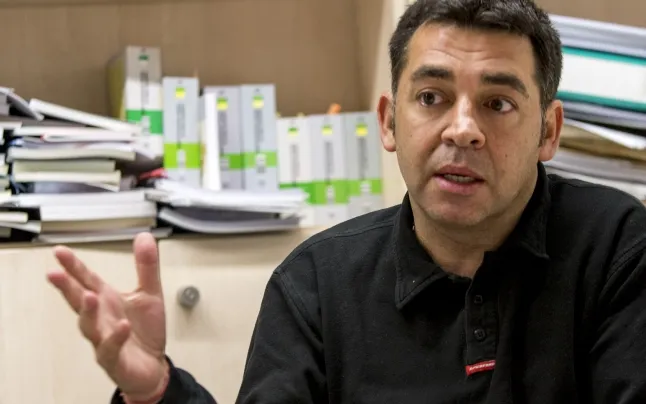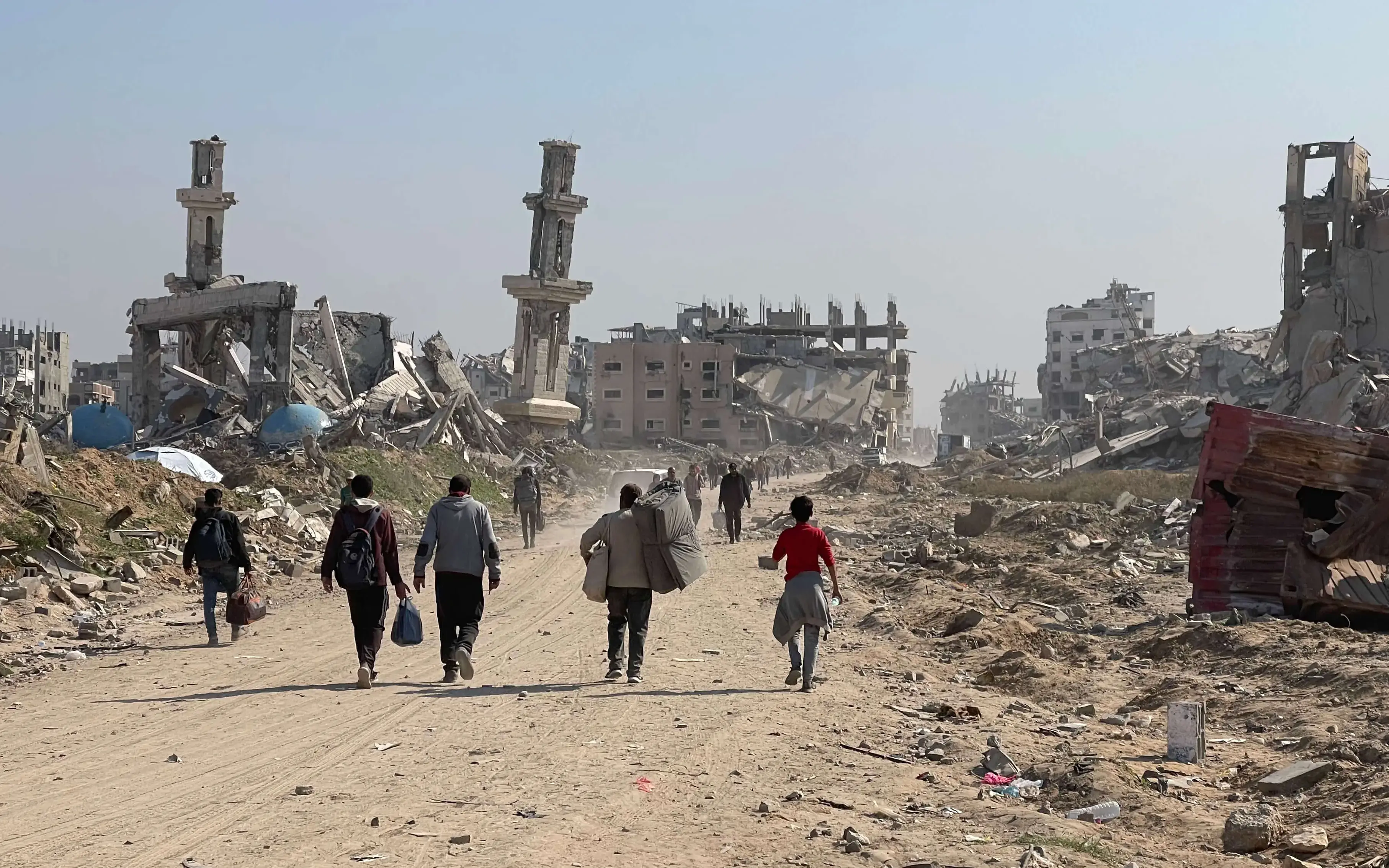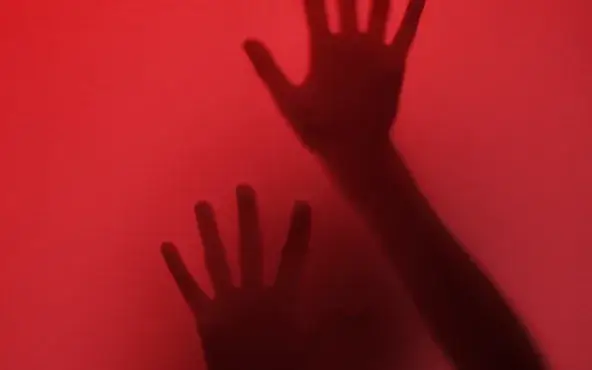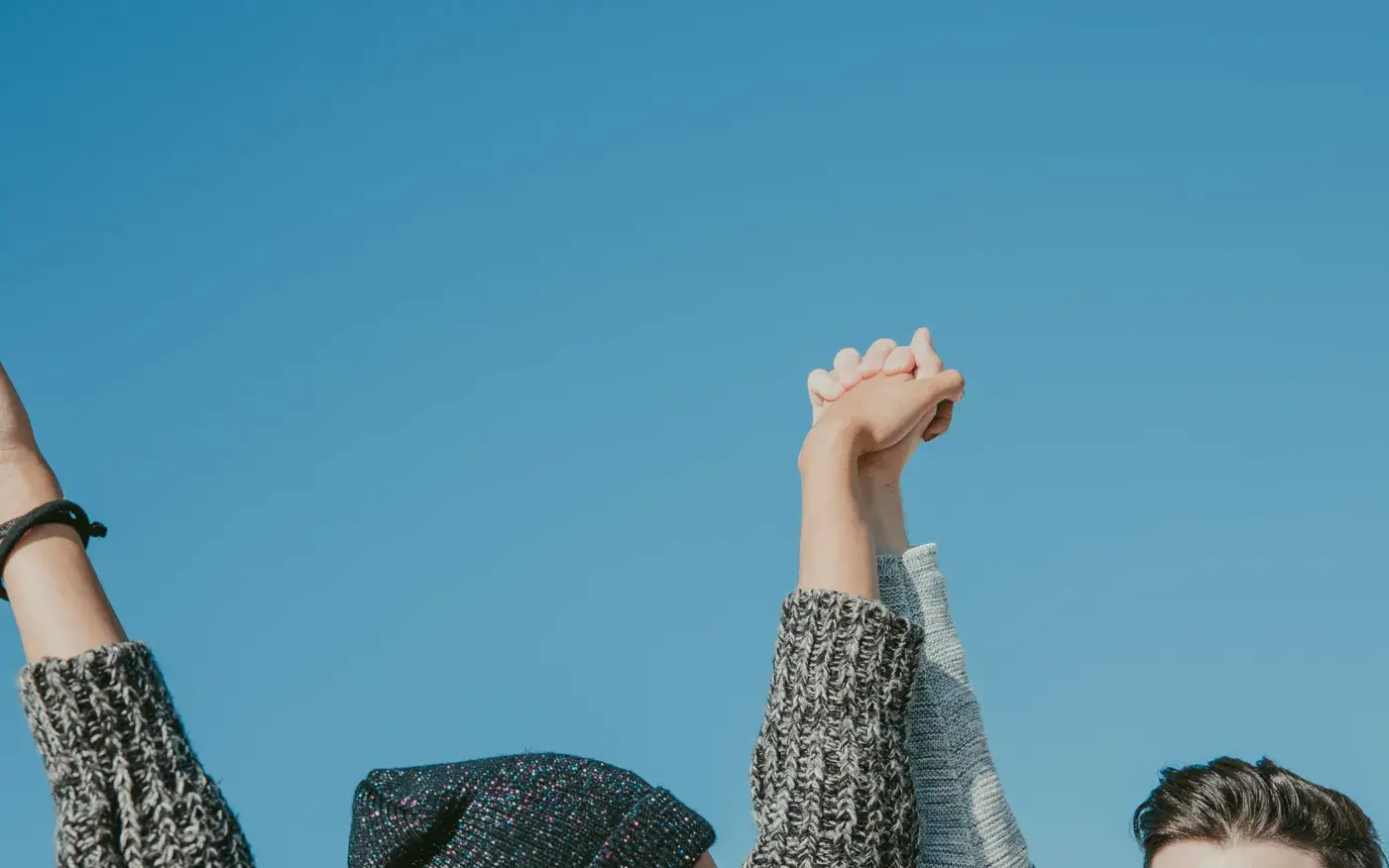Interview
David Bondia: "To reach the ODS, we must strengthen the rule of law and fight against corruption"
The president of the Institute of Human Rights of Catalonia says that achieving peace, one of the Sustainable Development Objectives of 2030, implies collective responsibility.
Point 16 of the Sustainable Development Goals speaks of fair, peaceful and inclusive societies. That is, by 2030, there should be a significant reduction in all forms of violence and mortality. Seeing how the world is going, has it progressed to achieve this ODS?
It is clear that this objective has been advanced, but much remains to be done. Among all the agents involved, we should be able to appreciate the positive evolution and also be able to criticize the gaps and retreats. It is typical of the instinct of negativity not to understand that things can go wrong and at the same time have improved a lot. We must vaccinate against paralyzing and fatalistic pessimism.
OK but there are still countries in conflict ...
In reality, the violence generated by armed conflicts has diminished in global figures in the world. Today we are faced with specific conflicts (Yemen, Afghanistan or Iraq) and violence outside of armed conflict (El Salvador, Guatemala or Mexico). All this has to be brought to our attention in the face of the new spirals of violence and mortality that affect, above all, the civilian population living in areas of armed conflict or in areas where violence is of a structural nature.
This point in the ODS speaks of more aspects. End corruption, promote states of law or guarantee equality of access to justice for all. What's left to do?
One of the greatest challenges we have today to achieve ODS, not only in the theoretical but also practical, is to strengthen the link between human rights and the fight against corruption. Human rights can be seriously violated by the commission of acts of corruption but, at the same time, they can provide essential instruments to fight against corruption.
And acts of corruption also weaken the institutions and the democratic system ...
Yes, a democracy depends on the proper functioning of its institutions to respect, protect and contribute to realize the rights of people. However, if these institutions, entities or powers of the State lose credibility to the public for the discovery of acts of corruption, democracy is affected and their efforts are hampered to achieve the function of guaranteeing the rights of people and the collectives.
What do we have to do to strengthen the objective of achieving more just societies, then?
Strengthen the rule of law, guarantee access to justice for all and eradicate acts of corruption in our societies. This will make it possible to improve human rights guarantees and enhance the values inherent in the principles of global justice.
What have improved the states in order to guarantee this point 16 of the ODS?
Regarding the strengthening of the rule of law, it has been improved when it comes to having a more realistic vision and more adapted to the reality of the 21st century. Before, in the theoretical field, when we talked about the rule of law, we refer to the existence of the three classical powers (executive, legislative and judicial). Today, we already have a more realistic vision, where two powers are also included in the analysis of the rule of law, the media and companies.
But this is still an academic, theoretical concept ...
Yes, sure. In this step, now it is necessary to begin to see, analyze and denounce the violations that may be attributed to these two powers, either by action or by default. They are powers that are very present in our societies but do not always help in the construction of fairer societies, where justice and the rule of law are the same reality for all people.
Which states have the least chance of creating these legal structures that you mentioned before to get these fairer societies, as defined in the ODS?
The most vulnerable states These societies are far from achieving ODS, they are countries that live in a situation of lack of economic development and where institutional structures are so weak that they are unable to promote actions and programs to reverse situations of direct, indirect and structural violence and which lead to flagrant violations of human rights and fundamental freedoms.
According to this response, the lack of economic resources would prevent the establishment of rights states ... but there are examples of states with resources that do not guarantee equality, nor the rule of law, nor more just societies ... .
It is also vulnerable to those states that suffer what we could call "crime of silence", that is, the lack of concern about their situation and the dignity of the people that are in their territory by the organizations international and states that call themselves defenders of a fairer world and of global justice.
So what is needed to achieve peace and move towards this goal?
It is clear that in order to achieve peace, the rule of law and fairer societies require involvement at all levels. An individual and social involvement, where the population perceives the direct benefits of living in peace and democracy. An institutional involvement that is aware of the fact that its reason for being and its foundation lies in serving people who are in their territory in order to improve their levels of life individually and collectively.
Is it a shared responsibility ...?
We need to be aware that the attainment of peace and the rule of law can not be an isolated struggle of a State or a set of States but that the actions to achieve these objectives correspond to the international community in the your whole







Add new comment